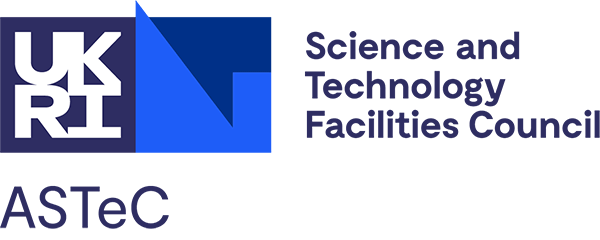Studentships
A studentship with ASTeC offers a unique chance to dive into pioneering accelerator research while developing skills that put you at the forefront of science and innovation. You’ll work alongside leading experts and contribute to real research projects that matter—from advancing cancer therapy techniques to enabling the next generation of sustainable energy solutions.
This is more than just a placement; it’s a launchpad. You’ll gain invaluable experience in an environment that nurtures curiosity, ambition and excellence. At ASTeC, you won’t just study the future—you’ll help build it.

How to apply
Want to collaborate with leading experts and gain hands-on experience that will shape your scientific career? To explore current opportunities, review eligibility criteria, and apply, get in touch.

Enquiries
For more information and all enquiries, please contact us.

